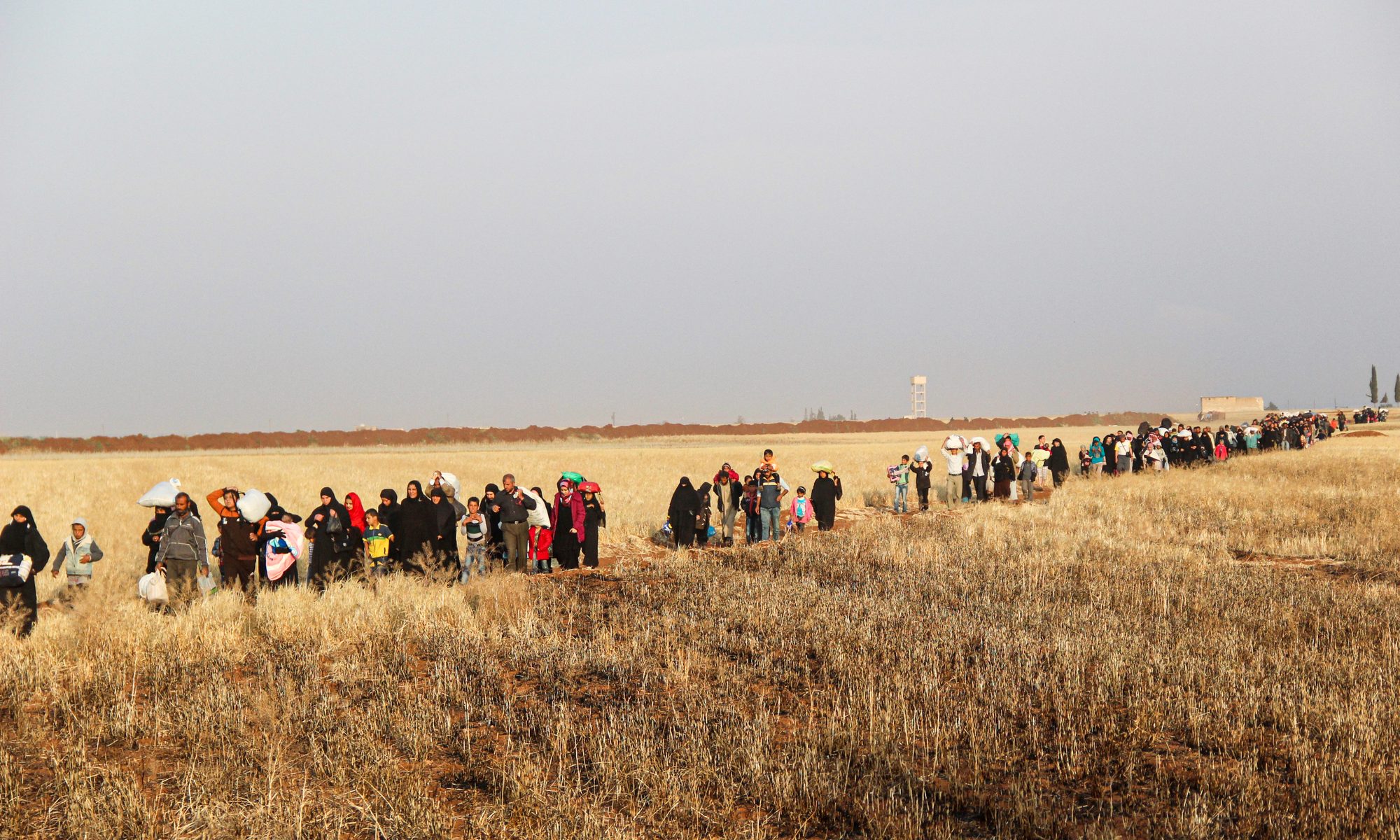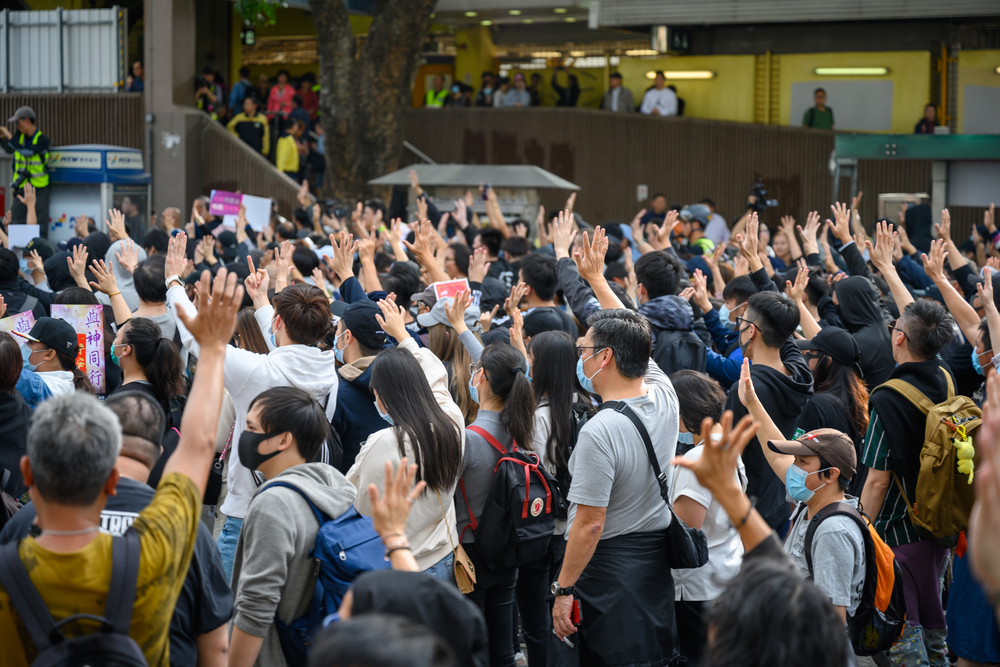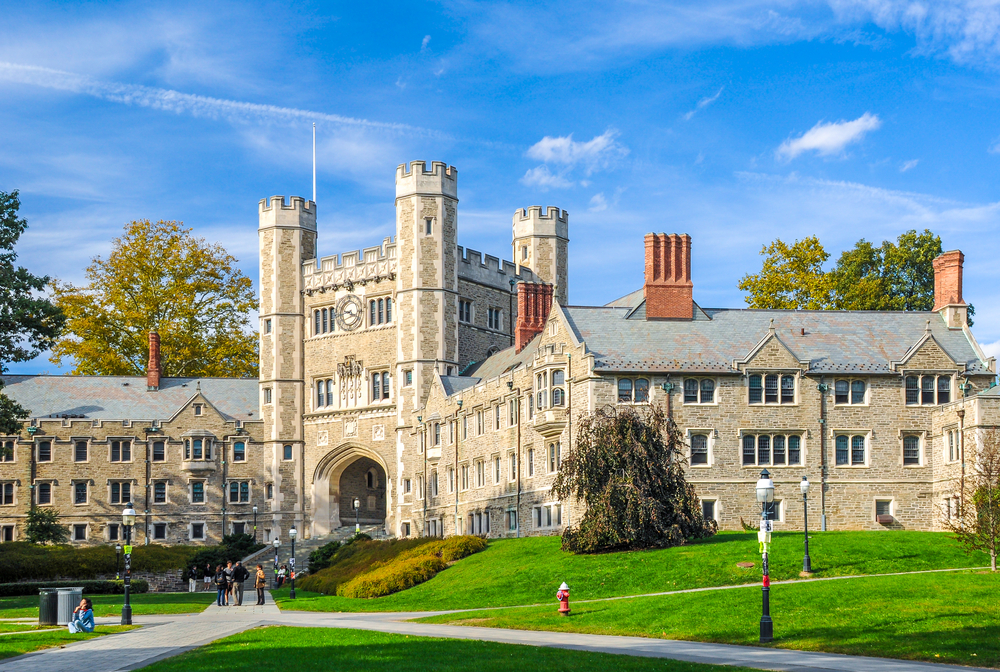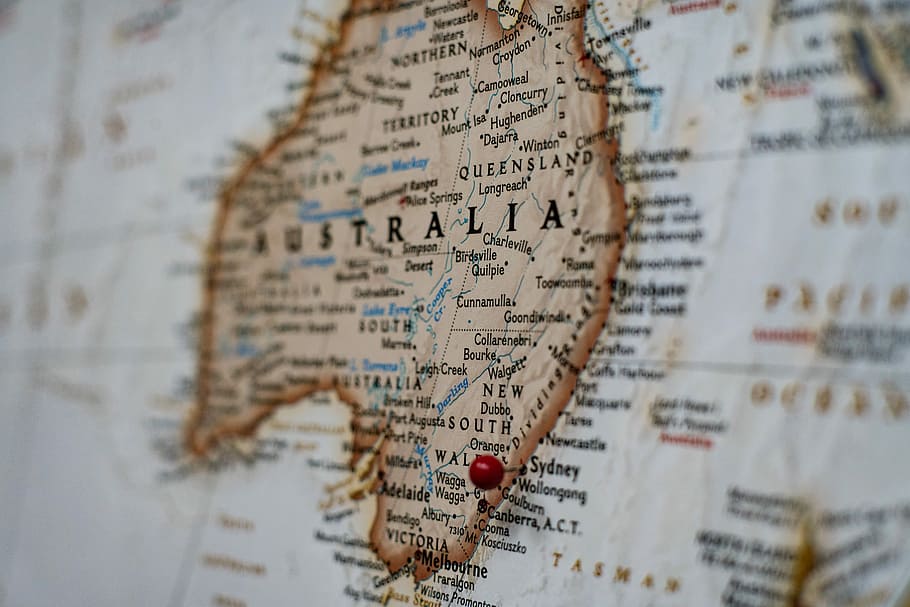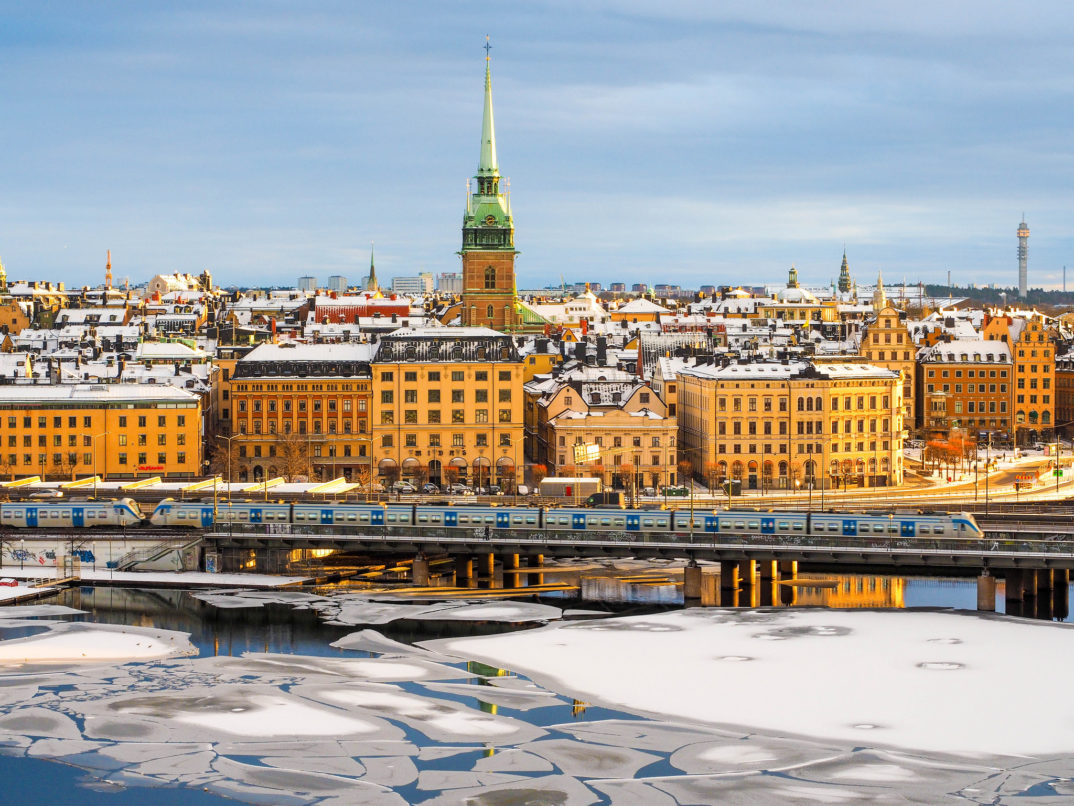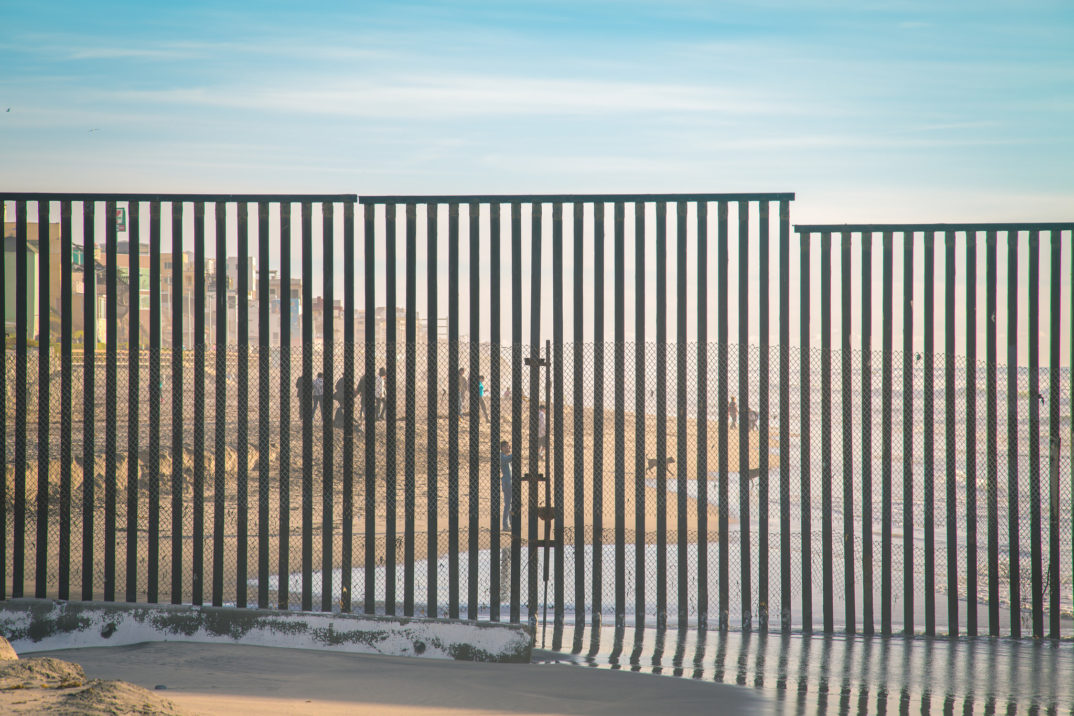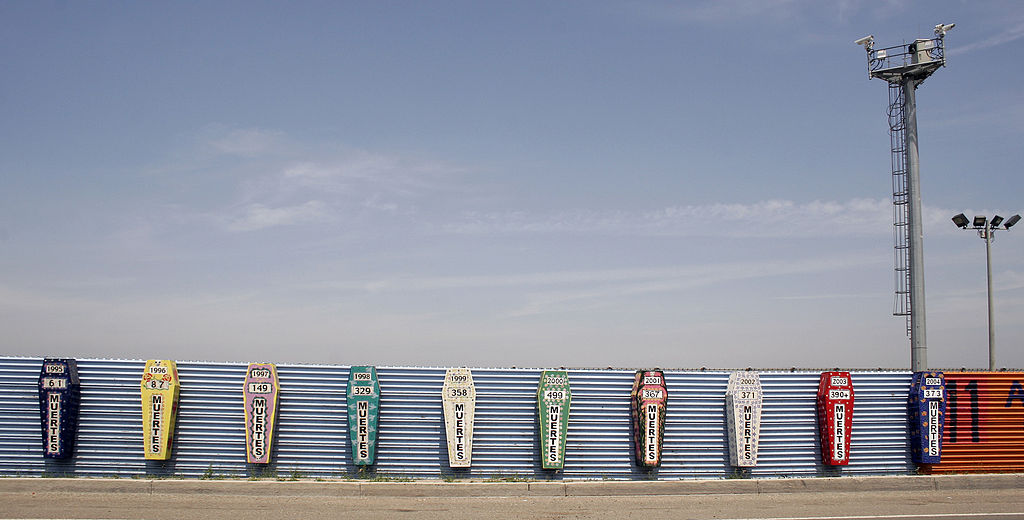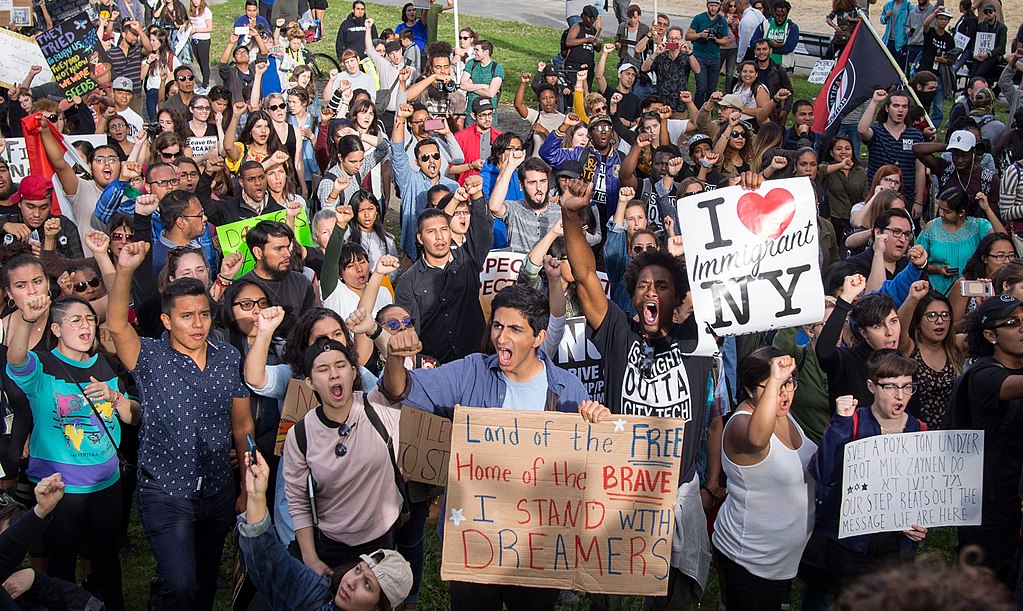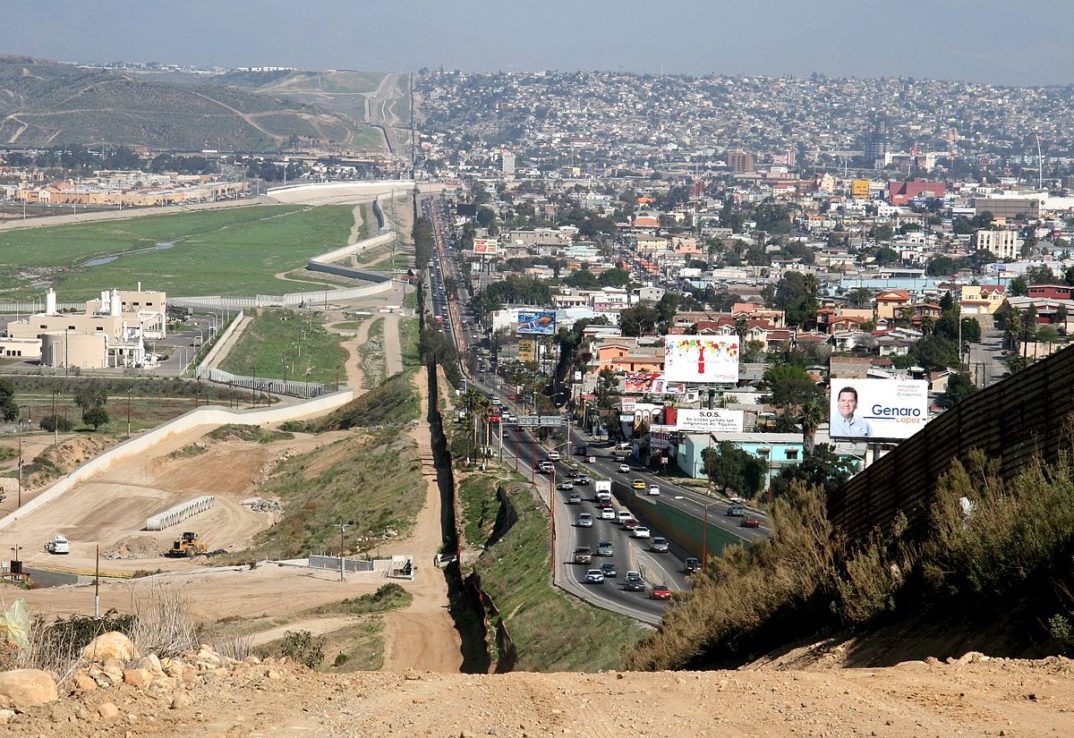The threat of illegal immigration was a drumbeat during Trump’s campaign. The now president-elect railed against “migrant criminals from the dungeons of the third world” and “vile animals,” describing the United States as “occupied territory” and a “garbage can for the world.” For many, this rhetoric painted a grim picture of an aggressively anti-immigrant president, one gearing up to unleash misery through state violence, deportation camps, and police raids. Yet, Trump enjoyed fairly high levels of support among legal immigrants. The Trump campaign also made in-roads with Latinos, many of whom have recent immigrant roots.
One explanation of this seeming disconnect, is that just because someone is an immigrant does not mean that immigration policy is their most important issue — they could have disagreed with Trump on this matter and voted for him for other reasons. Another is dueling interpretations of Trump on immigration. For detractors, Trump is opposed to immigrants. For supporters, Trump is simply opposed to illegality and crime.
This narrative, that law-abiding immigrants have nothing to fear, relies on a neat division between legal immigrants and illegal immigrants. However, legality is not some objective physical fact about someone, but rather a determination made by a government. Moreover, it is a contested category. Precisely one of the questions up for debate is what constitutes a legal immigrant and what kind of process prospective immigrants should have to go through to obtain that status. How such categories are defined – legal or illegal immigrant – determines who is a vilified law-breaker and who is a welcome newcomer as well as what political actions are justified. The last major legislative immigration reform, signed into law by Ronald Reagan in 1986, granted amnesty to almost 3 million illegal immigrants. With the stroke of a pen, millions of criminals disappeared. Could they be conjured just as easily?
An analysis of the Trump administration’s policies (or for that matter any administration’s) on legal immigrants requires two prongs: first, what changes there are in policies targeted at legal immigrants, and second, what changes there are in the designation of who counts as “legal.” Although the incoming Trump administration’s full policies have yet to emerge, there are indications that the boundaries of legality and illegality are being redrawn.
Stephen Miller, a key Trump policy advisor, indicated that “denaturalizations,” or the removal of citizenship, would be “supercharged” in the second term. During Trump’s first term, the administration aggressively reviewed old immigration paperwork for discrepancies and pursued denaturalization in court. What discrepancies merit denaturalization will likely emerge as a key question in the returning administration. The first Trump administration also attempted to end the Deferred Action for Childhood Arrivals (DACA) program, which provides some deferral of deportation and access to work permits for those who immigrated as children. DACA is currently before the famously right-wing Fifth Circuit Court, and it is unlikely the Trump administration will advocate for its preservation. The incoming administration may also target the Bush Sr.-era Temporary Protected Status program, which provides temporary residency and work permits to hundreds of thousands of immigrants fleeing circumstances such as war, political violence, or disaster. It was a target during the first administration and seems likely to be in the crosshairs again. Many Haitians, the focus of Trump’s erroneous claim about immigrants eating dogs and cats, are legally here under the Temporary Protected Status program. Most prominently, Trump has repeatedly asserted that he would be interested in ending automatic citizenship, or birthright citizenship, for those born in the United States to undocumented parents.
Assuredly, there are substantive questions to ask about these programs. What level of review (if any) should previously approved immigration paperwork face and when should that lead to denaturalization? Do those who arrived illegally as children deserve a pathway to citizenship and what should that path look like? On what grounds should Temporary Protected Status be granted, how long should “temporary” be, and what does the off-ramp look like? Notably though, these questions are not simply about enforcing the law against clear categories of immigrants. They relate to who qualifies as a legal immigrant in the first place.
Legality and illegality are contested in a second way as well, namely, in their connection to morality. There is an appealingly straightforward analysis available: If someone broke the law (e.g., by immigrating illegally), then they should have to face consequences. However, even before we get to considerations of just what these consequences should be, this analysis assumes that the underlying law is just. But what if the ethical legitimacy of the underlying law is precisely what is being disputed? In such cases, merely invoking illegality can mask an underlying debate about what immigration law should be and who should be a legal immigrant.
One way of understanding current political speech is that “illegal” is not used by the Trump movement to describe a particular relationship with the current law, but rather in a more metaphorical sense. One might consider the term illegal immigrant to be an “ideograph,” which appears to have a specific technical definition but is in actuality more symbolic — in this case, “illegal immigrant” as shorthand for an undesirable or criminal immigrant. Naturally, immigrant supporters of Trump would not see themselves in this category. However, even if this provides a compelling explanation of Trump’s rhetoric and its varied interpretations, it reveals little about forthcoming policies and who will be affected by them.
Ultimately, the designation “Illegal” serves as a reminder of the complex relationship between policy and language, especially when those policies deal with contested categories. Will Trump’s policies only affect illegal immigrants? Perhaps. But his administration will decide the breadth of those policies’ scope by first pronouncing what it means to be here legally.



